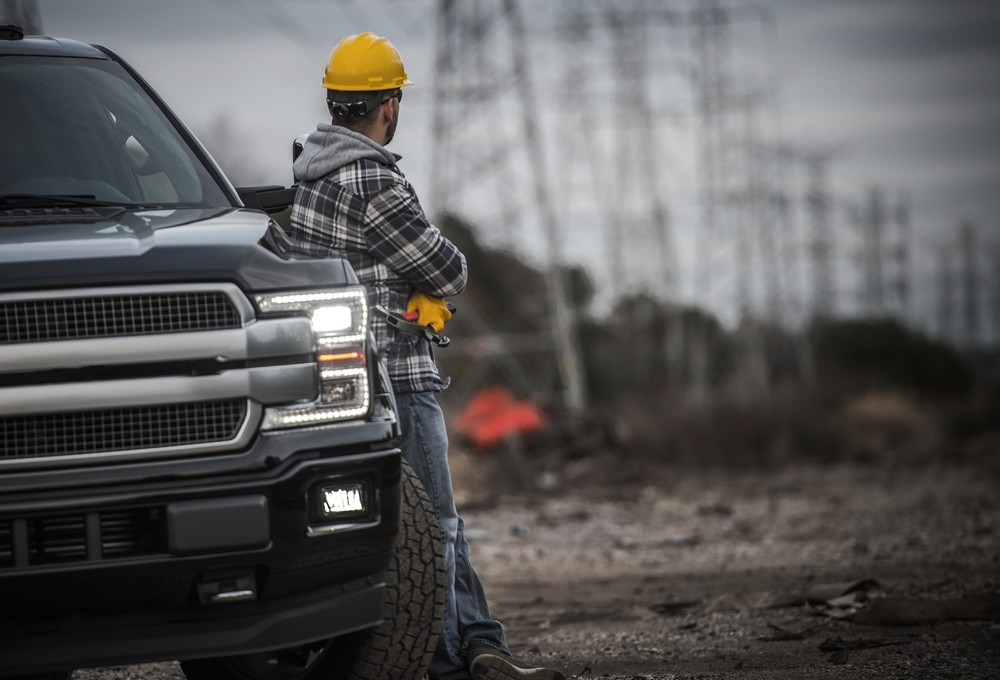 When you think about starting a business, it’s easy to wonder how you could possibly build the right skills. The good news is that your whole life experience can be a resource to help you succeed. For example, your experiences spending time with friends can help set you up to work well with clients, employees and other contractors. Here’s how.
When you think about starting a business, it’s easy to wonder how you could possibly build the right skills. The good news is that your whole life experience can be a resource to help you succeed. For example, your experiences spending time with friends can help set you up to work well with clients, employees and other contractors. Here’s how.
How to Solve Problems as a Team
Building and maintaining friendships gives you a lot of insight into what you’ll need to solve problems in your contracting business. Even if your business has you as the only employee, you’re still going to need to find ways to collaborate. In many cases, you’ll need to negotiate with clients to find the right solution to the problem. And once you have a few employees or subcontractors, you’ll just be extending those skills. The ability to find common goals, make sure that you’re all on the same page, and ensure that everyone’s needs are met is a crucial part of your long-term business success.
Ways to Overcome Different Communication Styles
You and your friends might have similar preferences for communication, but it’s likely that they don’t match up perfectly. Everyone knows someone who never responds to text messages, just as they know someone who sends about a million of them every day. Communicating with clients isn’t just about using the right language. You also need to choose the correct format. Figuring out how to talk with your friends without generating unnecessary conflict can give you a lot of insight into what your clients may expect.
How to Resolve Conflicts Without Losing Your Cool
When you’re among friends, you may feel much more comfortable getting competitive or expressing your unpopular opinions. But your friends are also more likely to call you out on it. This type of conflict is great in preparing you for your contracting business. When you have a conflict with a client, you must be far more careful in your tone and word choice. As such, you have to find ways to keep your cool, even if you’re not feeling it in the moment. Friendly debates, and even the ones that are not so friendly, provide an excellent source of practice in maintaining your position without steamrolling your opponent.
How to Maintain Good Boundaries
Good friendships are often built on a foundation of mutual respect. Mutual respect requires boundaries. Sometimes, the experiences that you have with friends that are good or not so good can help you to figure out the best way to engage with clients. For example, if you have a friendship that doesn’t have mutual respect or boundaries, you may feel like you are constantly compromising to please the other person. As a business owner, you have to be able to set good boundaries or your clients may run right over you. Learning what works and what doesn’t in your friendships set you up for better success when your income is on the line.
The Value of Commitment
The people that you consider your best friends earn that position by making a commitment to you. You earn that role by doing the same. In business, the ability to make a commitment and stick to it is vital. Without it, your clients can’t trust you and you may not be able to trust them, either. Commitment isn’t always easy, and it’s far better to pick up that lesson outside of a business setting. Learning the value of a commitment, and the responsibilities that you accept by making one, will help you become a better business owner.
You can pick up a lot of business skills from your friends, but you can’t get all of them that way. For expert training in preparation for the contractor licensing exam, visit CSLS today!








